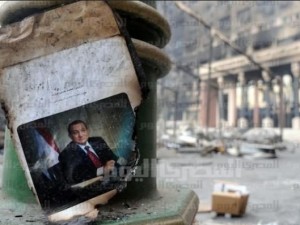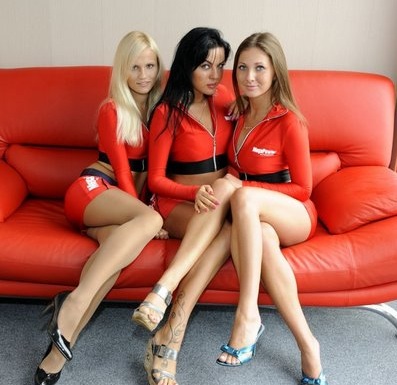The amendment to Egypt’s Law on Illicit Earnings allows for amicable settlement between the government and the public figures who embezzled public funds. Some see this law as an attempt to recover embezzled funds and introduce a hard currency, which the country’s declining economy needs. Others consider the law a legalization of corruption and a loss to state authority.
Saad noted that the new law includes added categories, such as members of the judiciary and its six committees and members of the police force. Saad said the new law stipulated the complete independence of the Illicit Gains Authority by transferring its subordination from the executive authority, represented by the Minister of Justice, to the Supreme Judicial Council, in addition to allocating a budget for the authority to spend on cases. The law also stated the right of this authority to manage suspicious funds or companies by assigning a financial comptroller to maintain and monitor them. The comptroller would also open a special account for the profits of these funds.
Meanwhile, Ahmad Refaat, former dean of the faculty of law at the University of Cairo, said that he supported the amicable settlement system and that it was applicable in Egypt to cases related to customs smuggling, tax evasion and currency exchange in unofficial rates.
Money has been smuggled abroad, but its destination, route and amount remain unknown. Some states such as Switzerland announced that they froze the acoounts of Mubarak and some of his men. This move benefits the banks and states where the money is frozen because they do not pay interest on frozen funds, and at the same time, they do not disclose the amount of funds nor do they return them — except if a final judicial decision is issued that pinpoints the smuggled funds and proves they are corrupt with irrefutable evidence. Yet, all of this data is unclear given Egypt’s status quo.
When the committees visited the states, like Switzerland, that had declared freezing the accounts of Mubarak and some of his men, their banks refused to disclose any information about these accounts, because they are bound by the principle of secrecy. An amicable settlement should be applied to funds that were smuggled during Mubarak’s rule, provided that the state’s monitoring institutions play their role in the new phase and close the loopholes that allow leeway for the corrupt.







 Translate
Translate


